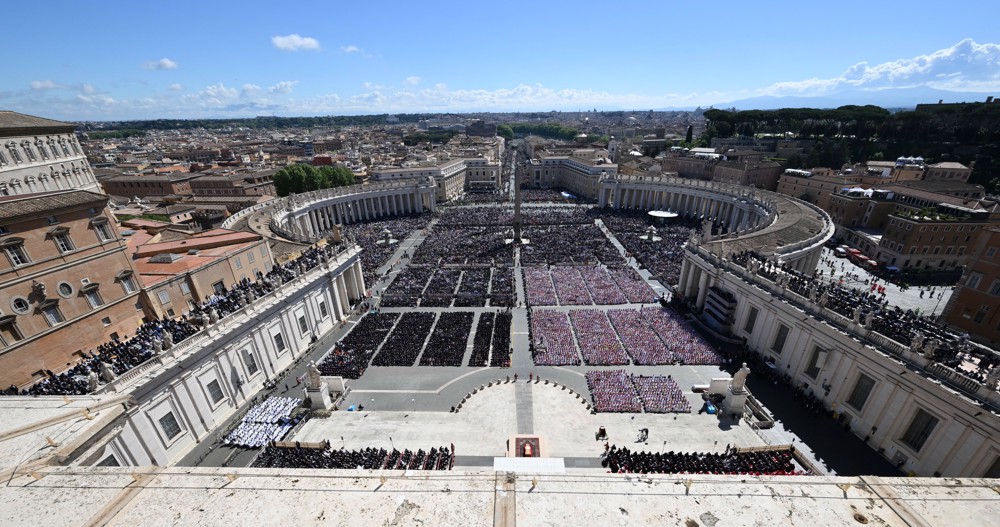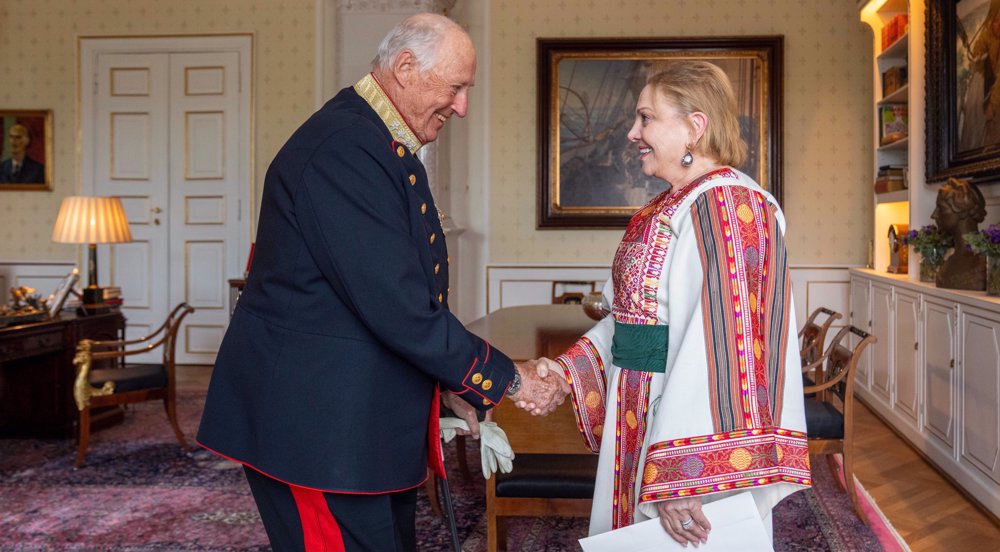2 Turkish military officials detained in Greece
Greek police have detained two Turkish military officials found in a car belonging to a smuggler of refugees.
The arrest was made in Xanthi, the capital of the northeastern province of Eastern Macedonia and Thrace, on Thursday evening, local police was cited as saying on Saturday.
The police added that the two officials had been crammed inside a car carrying Bulgarian license plates along with several refugees. It was not clear when and how the Turkish officials came to Greece, and whether they planned to seek for asylum.
“We are not ruling out the possibility that they themselves were part of the smuggling operation,” an unnamed police source in Athens said.
On July 16, a day after a coup attempt in Turkey, a Turkish Black Hawk helicopter landed in Alexandroupoli in the same Greek province and their passengers, a group of eight consisting of two commanders, four captains and two sergeants, who had fled Turkey, requested asylum.
They said their lives were in danger in their home country, despite denying having any role in the coup. Ankara has repeatedly asked Athens to extradite the men, but that request can only be taken into consideration by Greece when the men’s applications for asylum are definitively decided.
The Saturday’s case can further pose a threat on the mutual relations between the two countries.
The coup, staged by a section of the Turkish military on the night of July 15, was soon put down as tens of thousands of people flooded the streets across Turkey in support of the government.
Over 240 people lost their lives and more than 2,100 others were injured in the coup attempt.
Ankara has arrested over 30,000 on suspicion of involvement in the coup. It further began an unprecedented wave of suspensions and dismissals from the public sector of people speculated to have had a role in the subversive push or suspected of following anti-government sentiments.
Reports say about 100,000 people have been discharged or suspended from their jobs.
The opposition has fiercely criticized Ankara’s harsh and widening crackdown on those believed to have played a role in the attempt.
Ignoring those calls, the government extended for another three months the state of emergency starting October 19, following the first one, which began on July 20.
Turkish President Recep Tayyip Erdogan recently rejected criticisms about the need for a prolonged state of emergency, saying the measure could be kept for at least a year.

Trump, Zelensky hold 'productive' talks ahead of Pope's funeral in Rome

World leaders, mourners bid farewell to Pope Francis at funeral in Rome

Norway establishes diplomatic ties with State of Palestine amid Israel's Gaza genocide
Trump wants 'free' transit for US ships in Panama, Suez canals
Israel and its arms suppliers ‘must be stopped,’ UN says
Putin orders emergency planes to Iran after blast at port of Bandar Abbas
Pezeshkian visits Bandar Abbas to monitor response operations after port blast
VIDEO | Press TV's news headlines
Betar US: America's new face of Zionist terrorism and the darker rebirth of Kahanism
‘More serious than before’: Iran-US talks enter critical phase amid hope and caution
Pezeshkian’s visit to Baku heralds new order in South Caucasus







 This makes it easy to access the Press TV website
This makes it easy to access the Press TV website